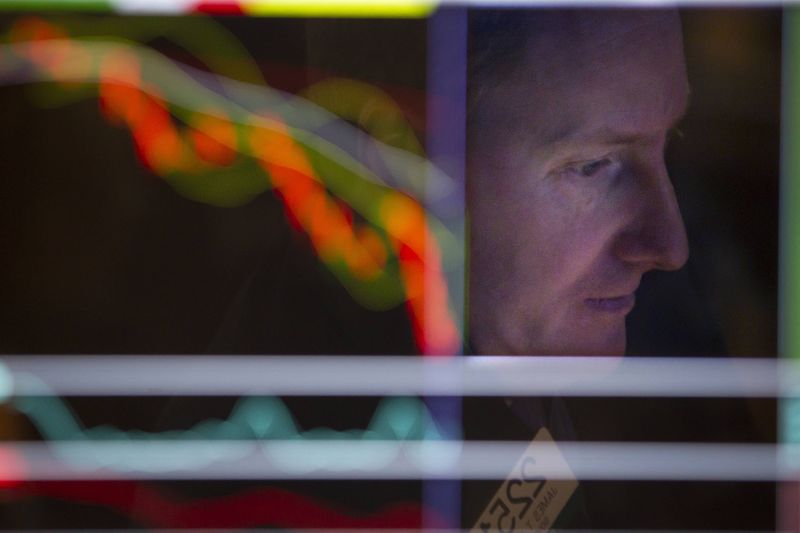Quiver Quantitative - Prominent funds, such as Loomis Sayles and Legal & General, are expressing skepticism about the current valuation of US corporate bonds. The risk premiums, or spreads, for these bonds recently stood at 1.24%, an average figure for the past decade. However, the financial context has shifted dramatically; an era marked by easy liquidity has transitioned into one characterized by tighter funds. Increased financing costs, the highest since the last financial crisis, combined with a 40% surge in corporate bankruptcies this year, have heightened the concerns.
Peter Palfrey of Loomis Sayles articulates this cautious stance, indicating that the spreads should ideally be broader. Consequently, the firm has decreased their bond exposure to its lowest level compared to benchmarks since 2008 for investment-grade bonds and 2019 for high-yield bonds - the latter being a record low. Palfrey emphasizes that the Federal Reserve's 525 basis points tightening exerts immense strain on the credit market. Despite the allure of higher yields – 6.1% recently versus the decade's 3.38% average – the rapid escalation of interest rates has clouded the market's judgment on fair valuations.
A burgeoning sentiment of overvaluation is evident in the rising bets against prominent exchange-traded funds (ETFs) for corporate bonds. For instance, short sales on the iShares iBoxx $ Investment Grade Corporate Bond ETF (LQD) have surged over 50% since mid-June, hitting almost $7.2 billion. Likewise, the iShares iBoxx High Yield Corporate Bond ETF (HYG) has seen its short sales rise to around $7 billion. Such trends have led to significant outflows from high-yield bond funds, totaling almost $10 billion over six weeks, as investors grow wary.
However, while some economic indicators remain robust, such as the significant growth in non-farm payrolls, potential economic pitfalls loom large. The imminent resumption of US student loan repayments could dampen consumer spending, and there's a discernible increase in pessimism among small businesses. Moreover, the rate of corporate bankruptcy filings has spiked, further underscoring the economic challenges. Michael Anderson of Citigroup (NYSE:C), reflecting on these signals, transitioned from advocating for long-duration junk bonds to cautioning against them, citing rising real yields and too-narrow spreads.
This article was originally published on Quiver Quantitative
